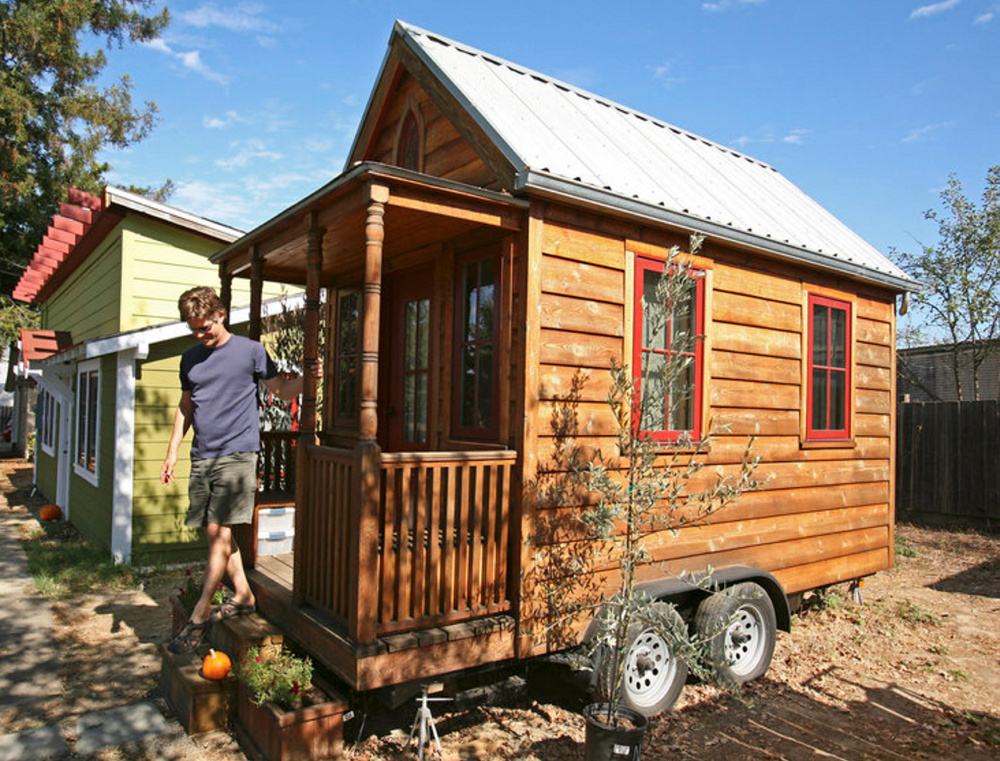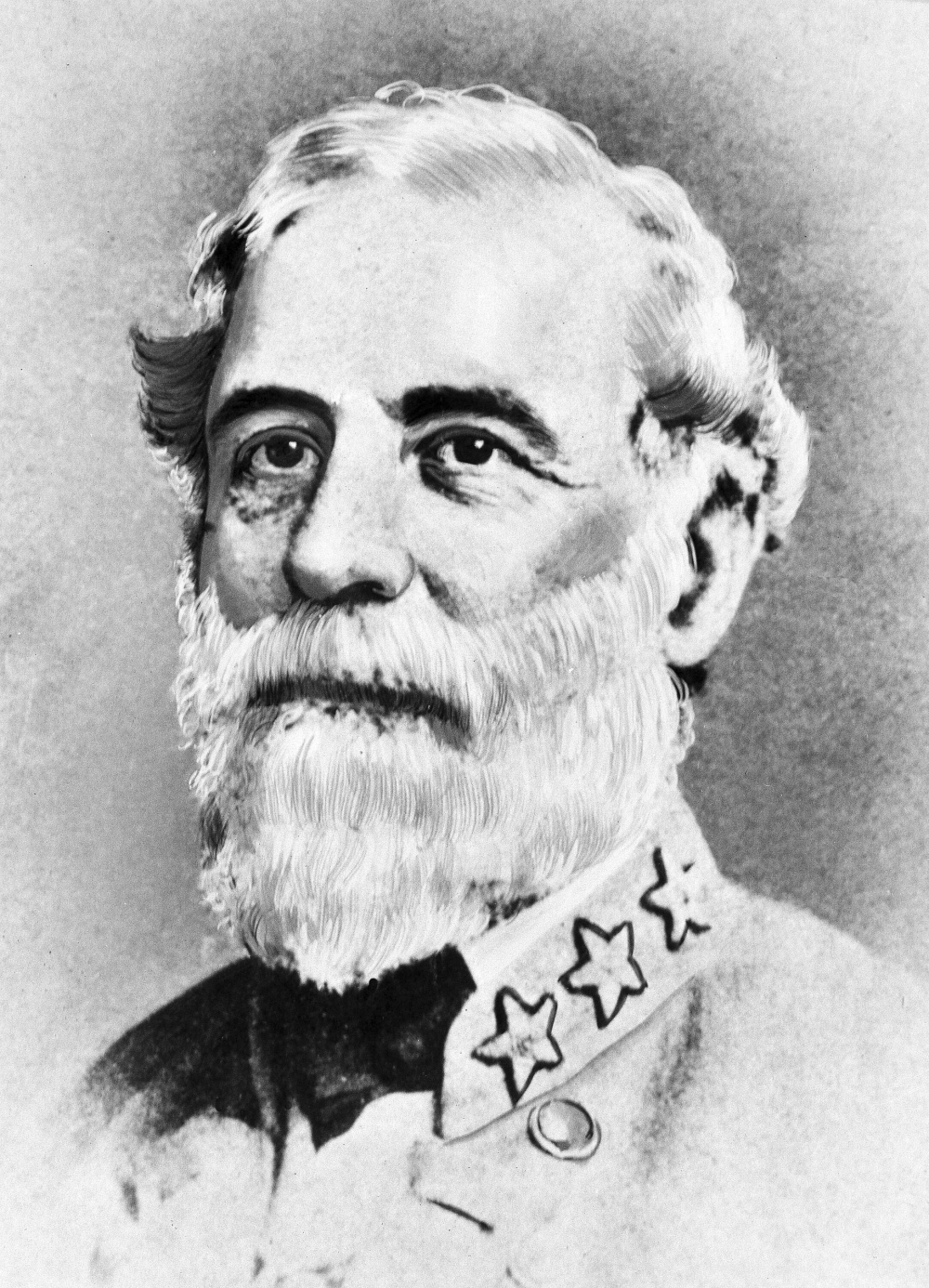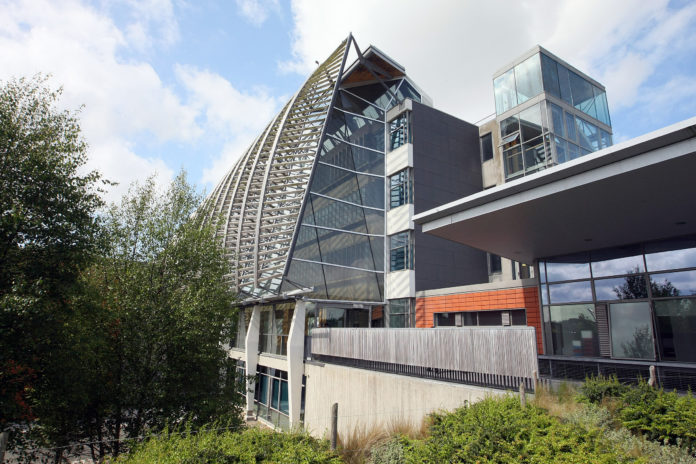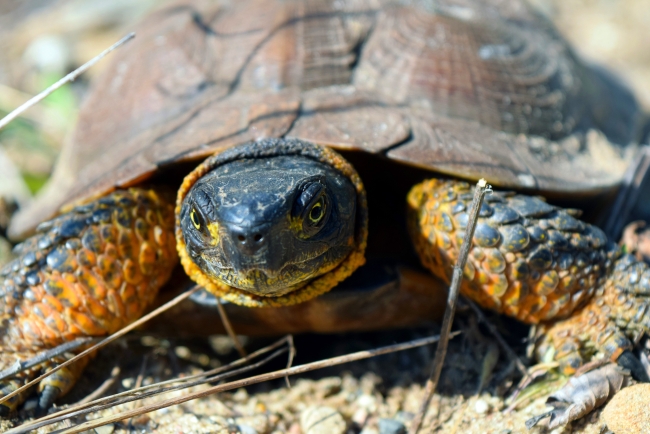
By Kim Ae-ran In the face of natural disasters such as wildfires or earthquakes, human efforts can feel like a drop in the bucket. We desperately wait for rain and earnestly look for donations. In these situations, the words of God always encourage us to “hope against hope.
” (Romans 4:18) “Do you not know? Have you not heard? The Lord is God from of old, creator of the ends of the earth. He does not faint or grow weary and his knowledge is beyond scrutiny. He gives power to the faint, abundant strength to the weak.

Though young men faint and grow weary and youths stagger and fall, they that hope in the Lord will renew their strength, they will soar on eagles’ wings; They will run and not grow weary, walk and not grow faint.” (Isaiah 40:28-31) Two Pope Francis autobiographies have recently been translated into Korean. One is “Spera” (Hope) written by Pope Francis with his editor and co-author Carlo Musso, and the other is “Life: La mia Storia nella Storia” written by Pope Francis with Fabio Marchese Ragona.
Pope Francis was born in Buenos Aires, Argentina, on Dec. 17, 1936, as the first son of Italian migrants. As a chemical technician, he studied philosophy and was ordained a priest in 1969 before joining the Jesuits in 1973.
He was named auxiliary bishop in 1992, archbishop of Buenos Aires in 1998 and cardinal in 2001. On March 13, 2013, he became the 266th pope of the Catholic Church. Pope Francis thought of publishing his autobiography, “Spera,” after his death, but he changed his mind to present it now during the Jubilee Year of Hope.
Filled with stories of hope, “Spera” gives us meaningful directions and vision on how to live as pilgrims of hope. “Spera” starts from the early years of the 20th century, introducing the Italian roots that reveal his ancestors’ courageous migration to Latin America. It goes on to talk about his childhood, the enthusiasms and preoccupations of his youth, his vocation to priesthood, pastoral activities and the crucial moments of his papacy.
Most candidly and prophetically, “Spera” recalls his memories in an intimate narrative tone. It is not only about his personal life but also about war and peace, migration, environmental crisis, social policy, the position of women, sexuality, technological developments and the future of the Church. He believes that his autobiography is “a pilgrim’s bundle” that contains various stories about the journey of hope.
It shares with us not only about what happened in the past but also about the future to come. Pope Francis says that hope is “the virtue of movement and the engine of change.” Hope is “the tension that brings together memory and utopia to truly build the dreams that await us.
And if a dream fades, we need to go back and dream it again, in new forms, drawing with hope from the embers of memory. We Christians must know that hope doesn’t deceive and doesn’t disappoint: All is born to blossom in an eternal springtime. In the end, we will say only: I don’t recall anything in which You are not there.
” Hope is truly the engine of change. Hope lets us survive against ups and downs. Hope inspires us to undergo the winding journey toward various forms of transformation.
Hope empowers us to go on and on. “Avanti, avanti, avanti!” Kim Ae-ran is a member of the Daughters of St. Paul (Figlie di San Paolo), living the Good News and proclaiming it with various means of social communication.
.















